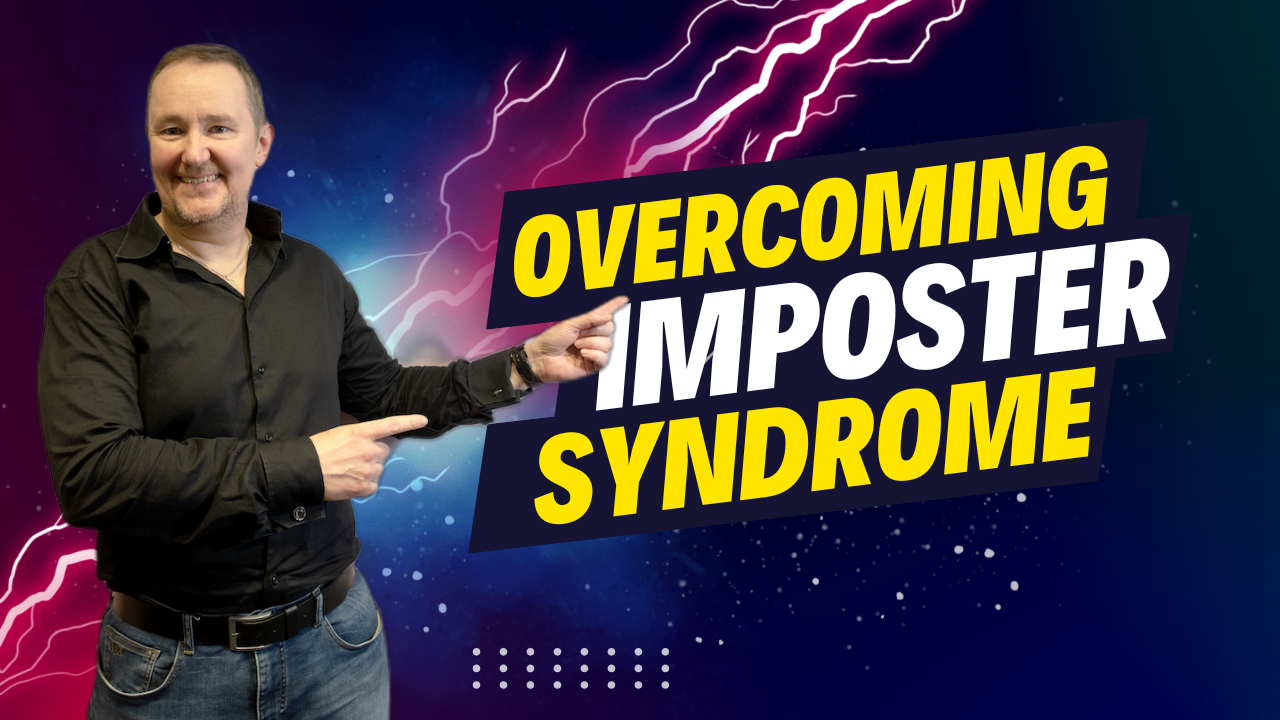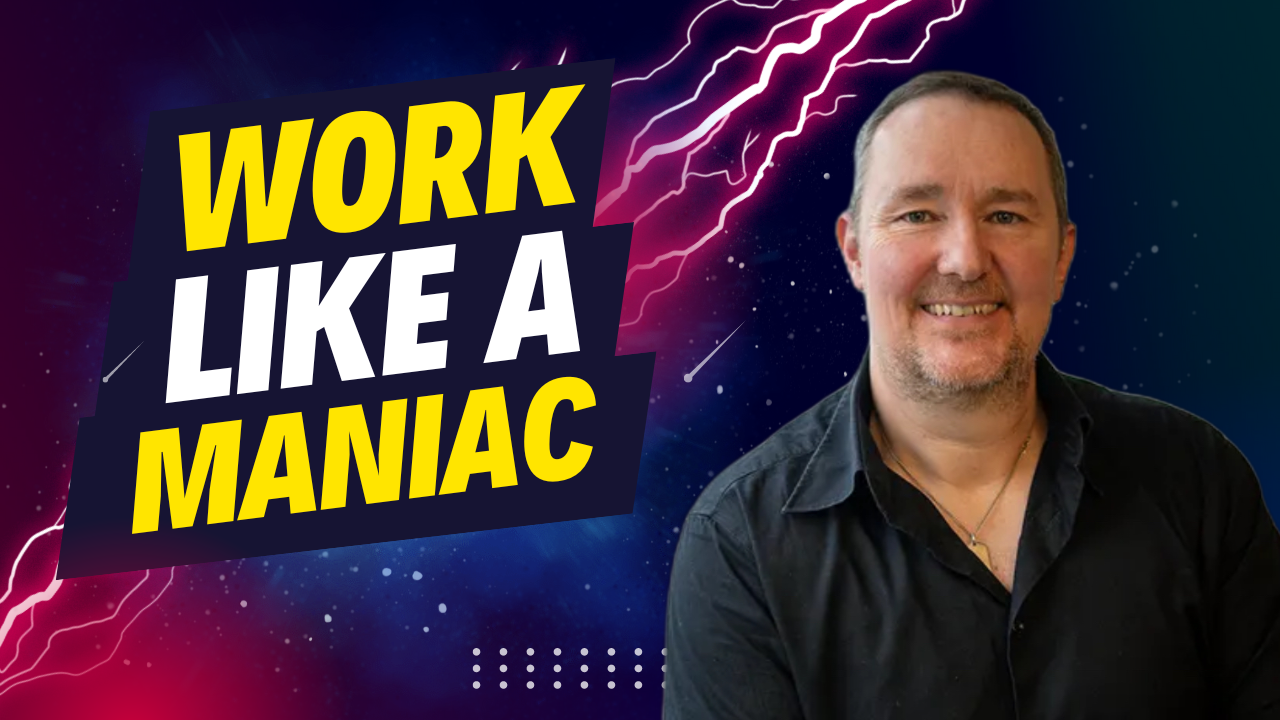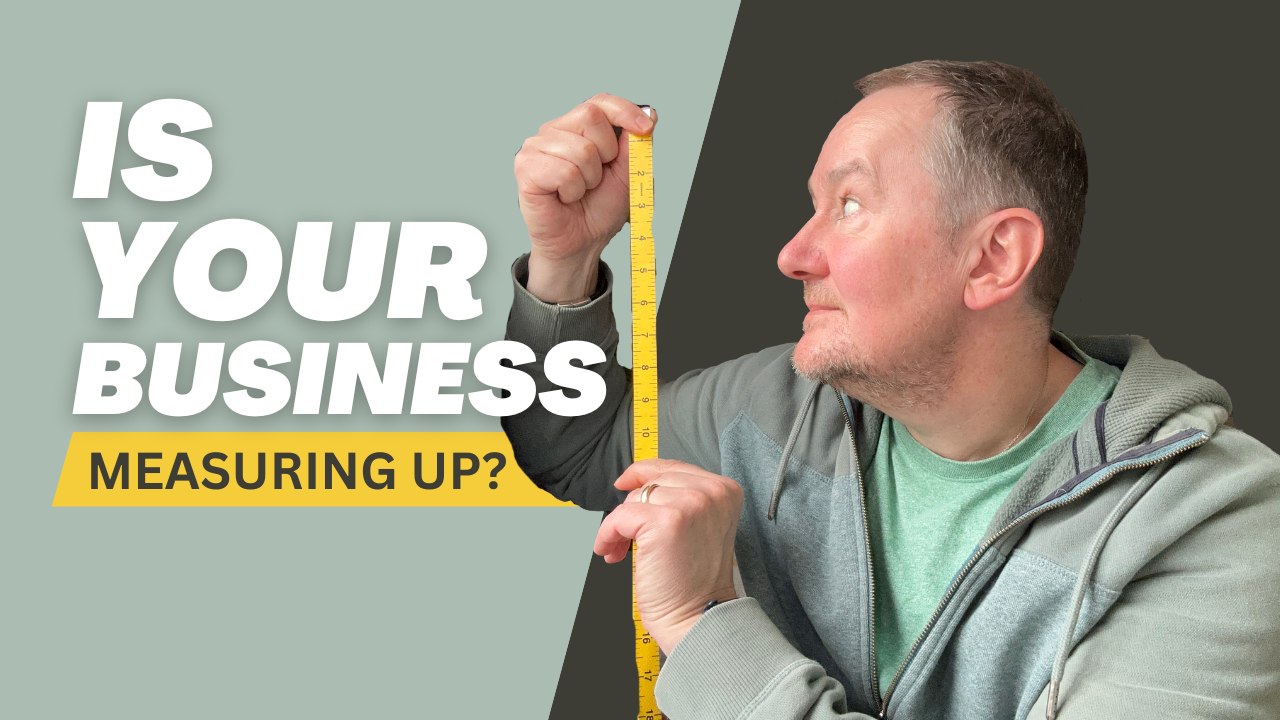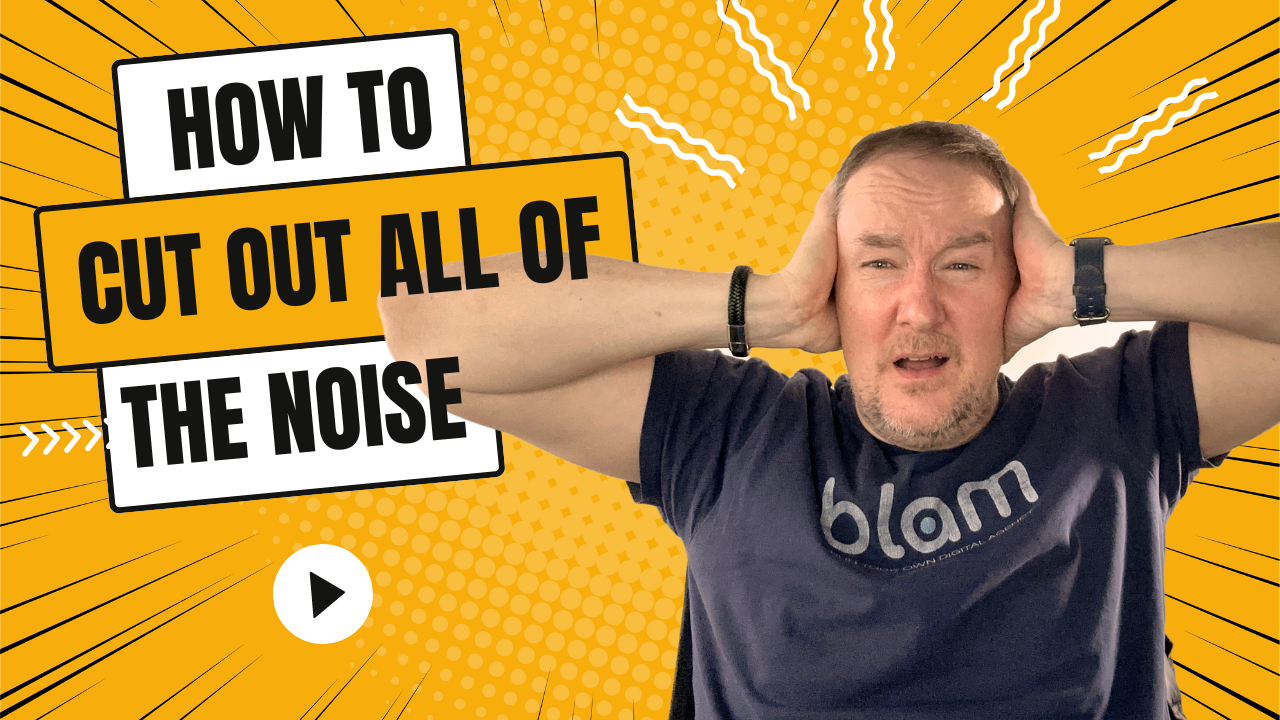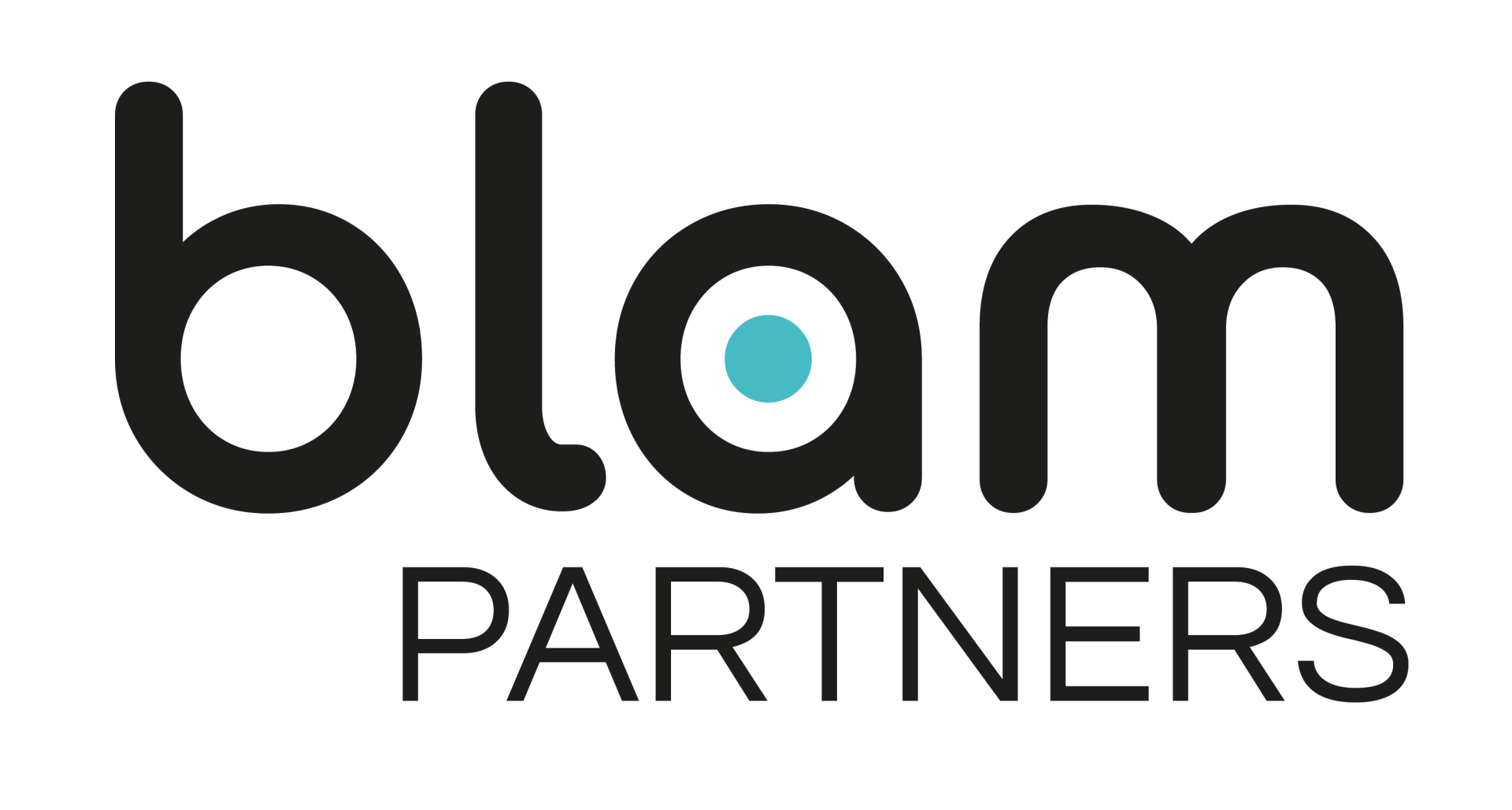By Grant Stain
•
October 13, 2024
In the world of Blam, Chi Le’s story stands out as a perfect example of blending passion with purpose. As the founder of Marble Mountains Media, based in Vancouver, Canada, Chi has taken the leap from corporate life to entrepreneurship, a journey that is as inspiring as it is educational under Blam’s wing as a Partner. I had the pleasure of chatting with Chi about her agency’s growth, her decision to join the Blam Partnership Programme, and the lessons she has learned along the way. From Digital Product Manager to Entrepreneur Chi’s journey into the world of digital marketing was not a straight line to success. Before founding Marble Mountains Media in December last year, she worked as a digital product manager for Herschel Supply, managing the e-commerce presence across Canada, the US, and Europe. Chi loved her role in using technology to solve business problems, but she felt a growing urge to carve out her own path as an entrepreneur. “I enjoyed what I was doing at Herschel, and I had great relationships with my co-workers,” Chi said. “But I wanted to expand my values and impact other businesses by doing something for myself.” This realisation, along with the steady stream of clients she gained after launching her agency in February, pushed her to take the leap and go full-time on her business in May. The Challenge of Transitioning Shifting from corporate to entrepreneurial life is no small feat, and Chi admits that her transition came with challenges. “I was used to being on the side of the brand, picking out tech vendors and working with digital agencies. Suddenly, I found myself on the other side, trying to sell solutions to businesses. It was daunting at first.” Rather than seeing this as a setback, Chi leaned into her experience. Her background in IT and product management meant she had a deep understanding of the challenges business owners face when it comes to using technology effectively. This empathy has been one of her key strengths as she shifted from managing teams to being the one offering solutions. Building Marble Mountains Media: Finding a Niche One of the things that stood out in our conversation was how intentional Chi has been about finding the right niches for her agency. Marble Mountains Media focuses on two distinct sectors: interior design and construction, and medical clinics. This focus was not immediate, but rather the result of careful exploration. “At the start, I thought I would focus on real estate agents, but I quickly realised that they didn’t need the larger marketing solutions I was offering,” Chi explained. From there, she pivoted to working with interior design firms, architects, and construction project managers, industries she found intriguing because of their collaborative nature and the balance they strike between creativity and functionality. “With marketing, it’s also a mix of art and science, much like interior design,” she said, a phrase I really liked (and will definitely steal!). Her second niche, medical clinics, grew out of her previous experience working as an IT manager for Texas Health Resources. Her network in the healthcare industry proved invaluable, and she quickly began securing clients in this space. “I love working with medical businesses because they’re helping people improve their health, and it feels meaningful to be part of that,” Chi added. Joining the Blam Partnership Programme While Chi brought a wealth of technical expertise to her business, she acknowledged that sales was a new skill for her. That is where the Blam Partnership Programme played a crucial role. “Sales is a completely new muscle for me,” she said. “But the training Blam provided, everything from how to speak with potential clients to dealing with rejections, has been incredibly helpful.” Blam’s support was instrumental in helping Chi gain confidence and structure in her sales approach. The programme gave her the tools to approach clients from a problem-solving perspective, which aligns with her values. “The training helped me see that sales is not about pushing products. It is about understanding the client’s pain points and finding a solution that genuinely helps them. With that mindset, the sales part happens naturally.” Beyond sales, the Blam team’s mentorship and guidance provided Chi with a strong support system as she navigated the challenges of scaling her business. “Blam has been an absolute pleasure to work with. The team has helped me a tons with sales and as I mentioned earlier, it’s is completely a new muscle for me to practice.” Looking Ahead: Scaling for Success When asked about her vision for Marble Mountains Media, Chi did not hesitate. “I want to build an international agency,” she said confidently. While the full picture of what that looks like is still forming, Chi is clear that she wants to keep expanding her reach. “Right now, we’re based in Vancouver, and I have clients in the US and Canada, but I’m also working on a mentorship programme for businesses in Tanzania.” For Chi, scaling is not just about growth, it is about having the right team in place. “I have always had a scalability mindset,” she said. She is already thinking about hiring account managers and a sales team to help take her agency to the next level. “It is not just a lifestyle business for me. I want to grow, and I want the right processes and structures in place to make that happen.” Final Thoughts Chi’s journey from working in corporate Canada to running her own digital marketing agency is a testament to the power of taking risks, trusting your instincts, and building strong partnerships. Whether it is through her intentional focus on her niches, her empathetic approach to solving client problems, or her plans for scaling globally, Chi Le and Marble Mountains Media are on a path of steady and meaningful growth. The Blam Partnership Programme has been a key part of her journey, giving her the support and training she needed to thrive in her new role. As Chi continues to build her agency, it is clear that her values of problem-solving, empathy, and resilience will continue to guide her success. To watch the full interview click here . To your success, Grant
